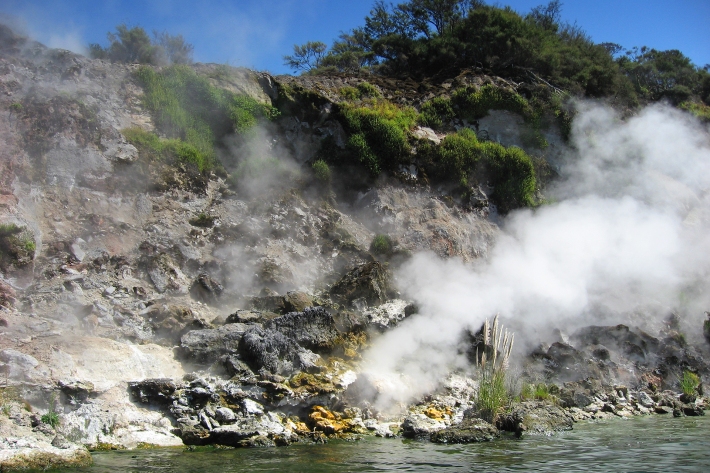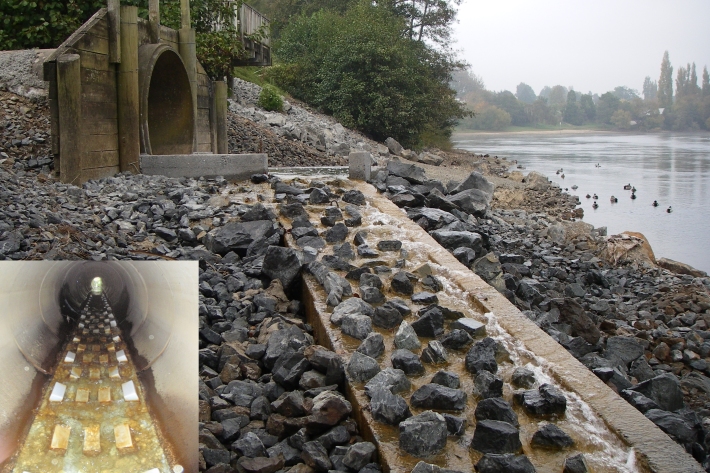-

Are kōura present in your waterway?
First, determine if kōura should be present in your stream. -

Identifying the problem for kōura
Identifying the factors causing kōura numbers to decline will allow you to determine which restoration tools you need to employ. -

Guide to restoring kōura (freshwater crayfish) in lakes, rivers and streams
Habitat degradation and the introduction of exotic plant and fish species have adversely affected kōura populations throughout New Zealand. However, there are a number of measures that we can use to restore kōura populations in lakes, rivers and streams. -

Citizen science monitoring of water a win-win, research shows
Media release12 December 2016New research has revealed that citizen science monitoring of water is a win-win for scientists and volunteers—one gains access to new data, and the other the skills and confidence to become involved in discussions over what is happening to their streams. -

Running off the road
Feature story16 November 2016At a rough count, 700 million litres of rain runs off the nation’s roads every year. That’s enough water to fill almost 300 Olympic-sized pools. -

Beautiful Browns
News article16 September 2016Do you know where in New Zealand to find Neptune’s necklace or rimurapa? Or how to tell apart Carpophyllum from Cystophora? -

Mercury biomagnification in three geothermally-influenced lakes differing in chemistry and algal biomass
Research ProjectThis research project aimed to understand the causes behind differences in mercury in trout and other organisms in the Bay of Plenty/Te Arawa lakes—in particular what features of each lake explain why mercury in trout is higher in some lakes than in other lakes. -

Flow requirements for galaxiid fish spawning
Research ProjectMany of our iconic native fish species, such as whitebait and eels, rely on river flows to cue key life-cycle stages, including migration and reproduction. As pressures on water resources increase, the risk of disrupting these flow cues, and therefore impacting fish populations, becomes greater. -

Understanding fish passage in New Zealand
Research ProjectNIWA scientists have been investigating the different capabilities of our native freshwater fish species in order to help design effective solutions for overcoming barriers to migration

